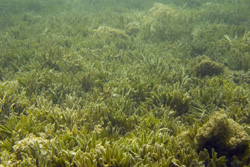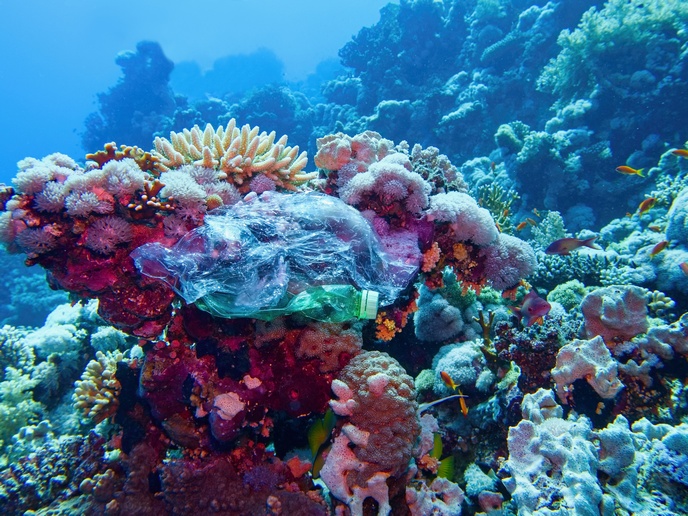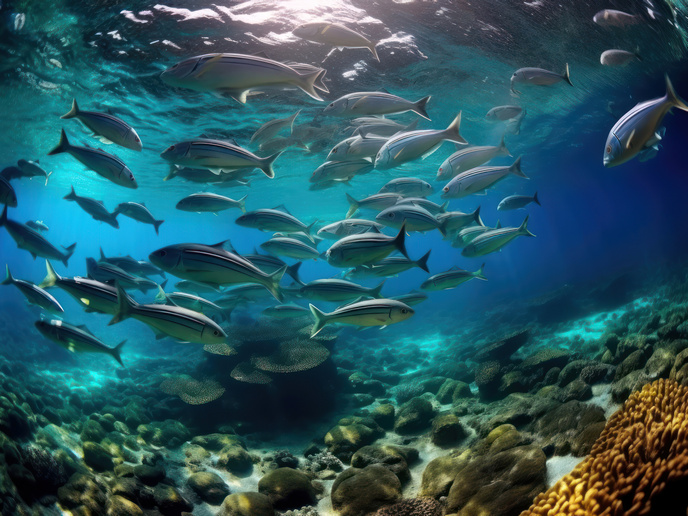Using genomics to study marine ecosystems
Despite long active research in the field of marine biology, knowledge on marine organisms and the functioning of ecosystems is rather fragmented. Exchange of scientific expertise and technological resources is vital for understanding aquatic ecosystems and managing marine resources. The ‘Implementation of high-throughput genomic approaches to investigate the functioning of marine ecosystems and the biology of marine organisms’ (Marine Genomics) project was an EU network of excellence (NOE) set up to address these issues. Network partners initiated collaborations among European research centres with the ultimate goal of developing genomic approaches for studying marine ecosystems, integrating research efforts and disseminating findings. As a first step, the network ensured that access to existing genomic, proteomic and bioinformatics platforms was made available to stakeholders. Through the development of genomic and proteomic tools, the network undertook research in the fields of comparative, functional and environmental genomics. More specifically, researchers studied aquatic species, evolution and the development of diversity, alongside marine phytoplankton. The latter was used as a means of examining the impact of environmental stress conditions on the physiological status of natural oceanic populations. To interpret genomic data, the consortium established molecular techniques that would allow them to study how certain genes function in fish. An important achievement of the Marine Genomics network was the transfer of knowledge on sample preparation and technology application among partners, which was further facilitated through the development of a bioinformatics platform. Overall, the Marine Genomics project managed to implement genomic approaches for studying the biology of marine organisms and to integrate research activities across Europe. Research findings also have a wide variety of commercial applications including fisheries management and improvement of aquaculture species.







